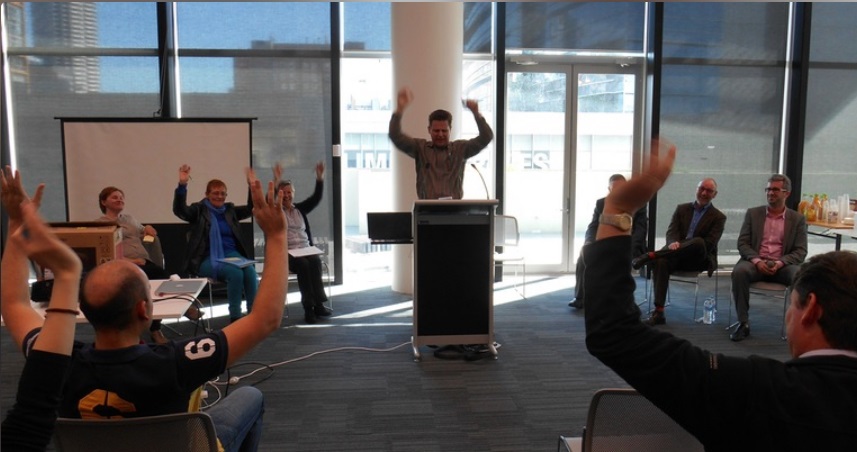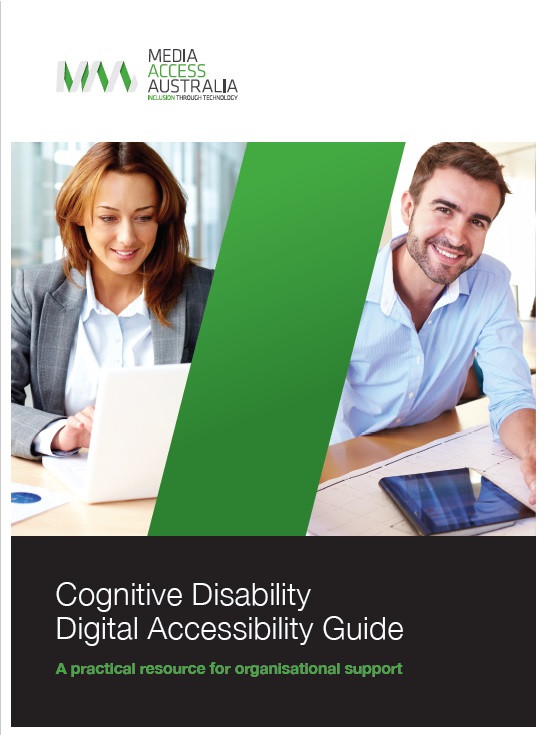W3C
Governments are toughening up on public sector web accessibility

After receiving the disability discrimination complaint, Alaskan authorities undertook a rigorous investigation and found out that ten other schools, educational groups, and institutions (including the Montana School for the Deaf and blind) also had accessibility issues on their websites.
Top of page
UK charity puts pressure on government to enforce web accessibility
5 simple ways you can dramatically improve your blog’s accessibility
.jpg)
It’s fair to say that the blogging world has boomed in recent years, with more and more people starting a blog or reading a blog on a regular basis. You only have to whisper the world ‘Zoella’ to a tween and they know exactly who they are and get all starry-eyed.
Top of page
Political websites offer a lesson in access
Lets talk cognitive – a communication reviewer’s perspective
PCWA online course aims to promote accessibility
Service Providers Accessibility Guide now available via direct download
Five tips to make the web work better in your language

There are several reasons why the web becomes more complicated for non-English speaking users, and it’s a combination of a number of factors:
Top of page
Empathy and the accessible web experience

Empathy training and developing emotional intelligence are gaining in popularity as ways to better understand customers, improve collaboration with colleagues and to develop better leaders.
Top of page






